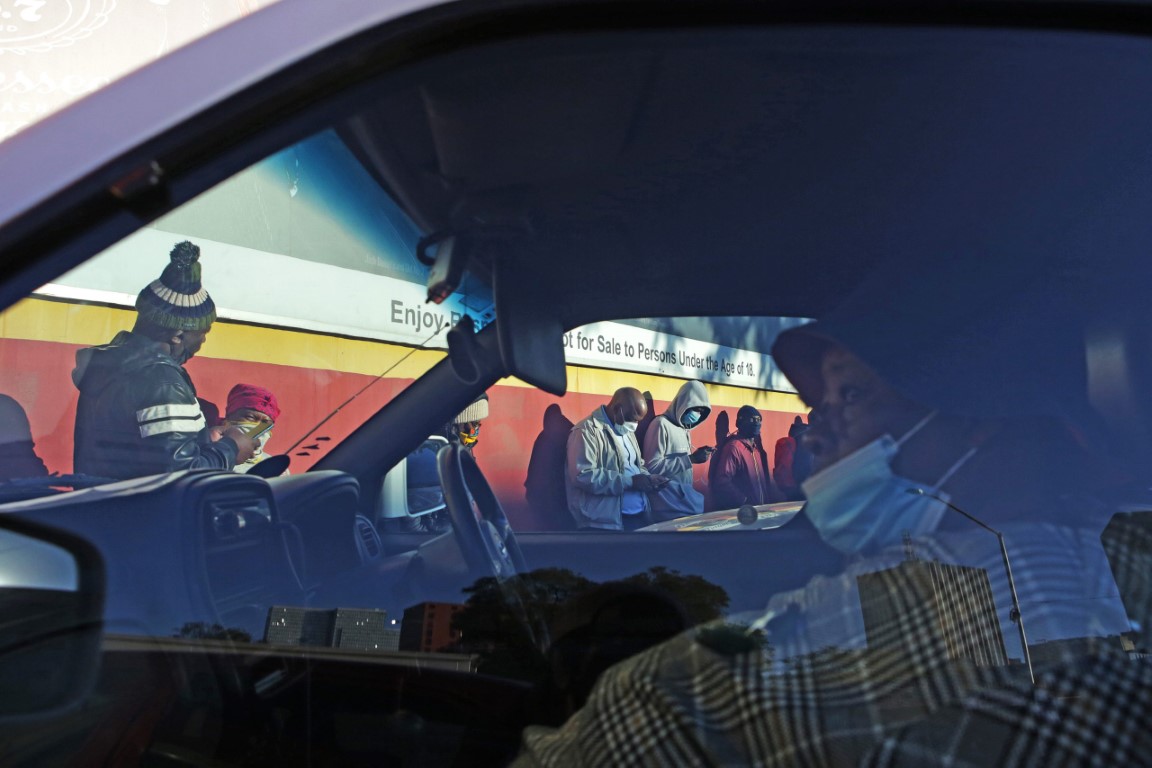This week will be a seminal moment in South Africa’s fight against the devastating Covid-19 pandemic and depending on how we conduct ourselves, the next seven days could have a lasting socio-economic impact. From an economic standpoint the return of over 8 million people to work will be a massive relief for many businesses who have been struggling under South Africa’s strict lockdown regulations.
Whether or not the return of workers will salvage the country’s much-battered economy remains to be seen but what is clear is the world of work that many will be returning to will be very different. Companies have been urged to screen employees, provide sanitizers and ensure social distancing and in the midst of this, employees still have to be productive while the specter of possible Covid-19 infection looms. Both employers and employees will have to adjust.
The public transport system has also been thrust into the spotlight this week, as most people will be using either buses or trains to travel to work. “In the interest of safety” trains will only be operational in a month’s time, that’s according to the Minister of Transport Fikile Mbalula. Trains are the cheapest mode of transport and as a result, are also the most congested. It’s not uncommon to see locomotives teeming with passengers, occupying every inch of space inside and outside the carriages, and with so much congestion trains would be the perfect breeding ground for the virus, it’s not a surprise that they have been prevented from operating.
However, the continued closure of trains means buses and taxis will have an even bigger passenger burden to bear and compliance with strict health and safety guidelines will have to be observed. Taxis are allowed to carry 70 % of capacity and buses just 50%. People that travel to work in their own vehicles must count themselves lucky, they don’t have to run the gauntlet of rubbing shoulders with strangers in South Africa’s notoriously inefficient and cramped public transport system.
In such a battered economy, those that are returning to work are the fortunate ones, according to economists 100 000 companies may not survive this tumultuous period. Since the beginning of the lockdown at the end of March, business rescue practitioners and liquidation lawyers have been inundated with calls for their services, a stark indication of how companies are suffering in this constrained environment.
The closure of businesses inevitably means job losses as well, forced closures and liquidations could cost as many as 7 million people their jobs. From a social standpoint that many people out of work will leave a massive imprint on the fabric of society, and will acerbate poverty and inequality in a country that was already battling to feed its poor and most vulnerable. Job losses don’t just affect one person, in this country one job supports between five and six unemployed dependents, so the ripple effects of job losses across numerous sectors of the economy will devastate communities.
The move to level three, while welcomed by many struggling businesses and workers comes at a time when cases of the virus continue to rise daily so this week could see a massive spike in infections if strict protocols aren’t observed in the workplace and in the public transport sector. This week is the litmus test, how we conduct ourselves will define our response to the pandemic as well as our economic recovery.

